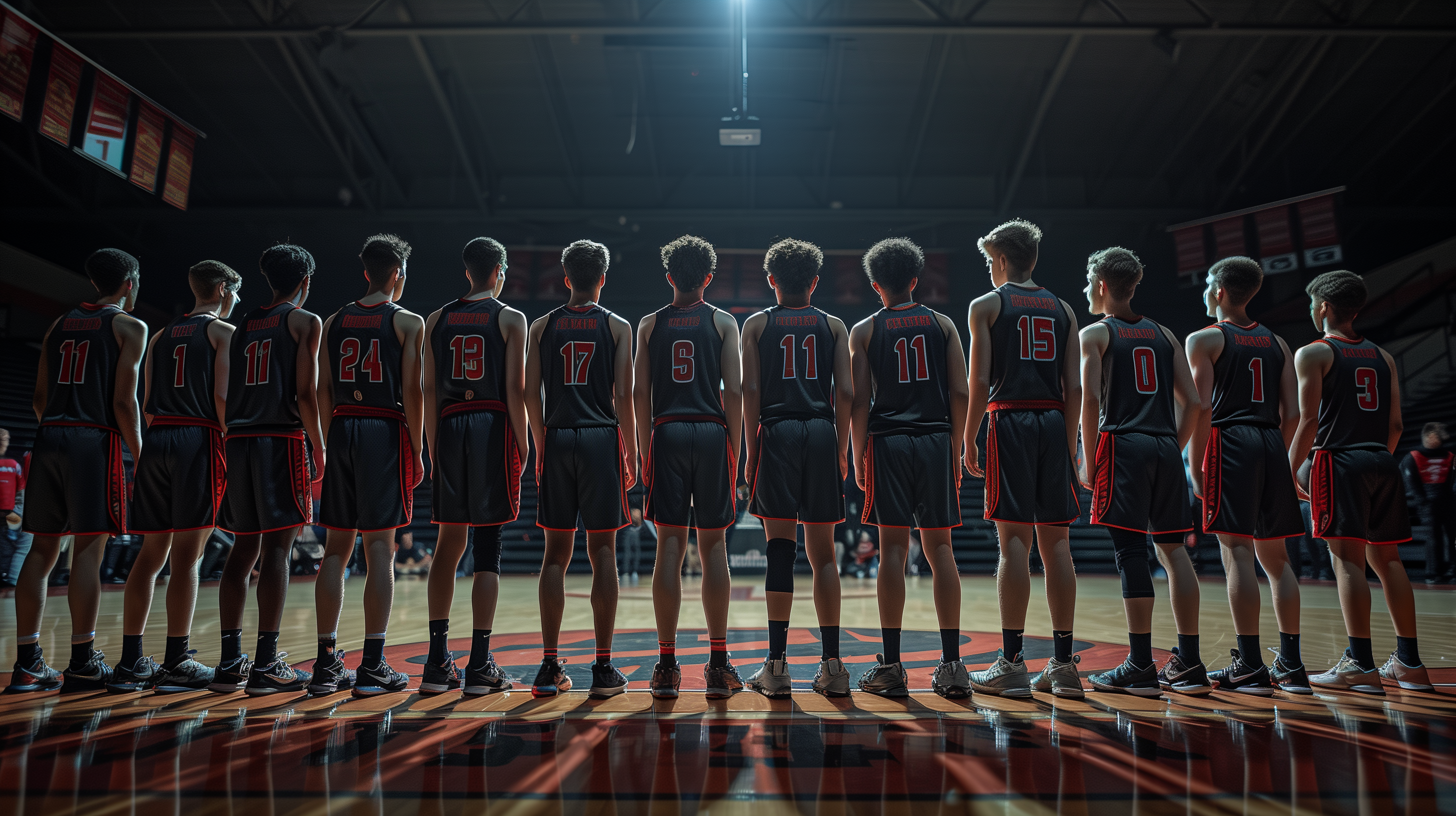1. Foster a Positive Team Culture
- Establish Clear Values and Goals: Start by setting clear expectations and goals. These should reflect not only your ambitions in terms of wins and losses but also the kind of team culture you want to establish. Values like hard work, respect, and teamwork should be emphasized from day one.
- Create a Sense of Belonging: Every player should feel valued and integral to the team's success. Foster an environment where players support and motivate each other, which can significantly enhance team cohesion and morale.
2. Develop Each Player’s Skills and Roles
- Individual Attention: While team practices are vital, individual attention can help players develop their skills more effectively. Take time to understand each player’s strengths and weaknesses and provide personalized guidance to help them improve.
- Define Roles Clearly: Each player should understand their role in the team and how they can contribute to overall success. Clearly defined roles help prevent confusion and ensure that everyone knows what is expected of them during games.
3. Implement Effective Training Sessions
- Structured Practices: Plan and structure practices to maximize the time available. Include a mix of drills that develop fundamental skills, as well as strategic plays that enhance team coordination.
- Use Real-Game Scenarios: Regularly incorporate scrimmages and other game-like scenarios in your practices. This not only helps players get used to performing under pressure but also allows you to see how they apply their skills and tactics in game situations.
4. Encourage Mental Toughness
- Stress Management: Teach players how to manage stress and remain calm under pressure. Techniques like deep breathing, visualization, or even brief meditative practices can enhance focus and performance during crucial moments.
- Resilience Building: Encourage a mindset where mistakes are seen as learning opportunities. This resilience will not only help players bounce back from setbacks during a game but also contributes to their personal growth and confidence.
5. Communicate Effectively
- Open Lines of Communication: Maintain open and honest communication with your team. Encourage players to express their thoughts and concerns, and make sure they know that their voices are heard and valued.
- Feedback Loops: Provide regular, constructive feedback in a way that motivates and does not discourage. Balance criticism with praise and focus on how to improve.
6. Plan for Long-Term Success
- Develop a Program, Not Just a Team: Think beyond the current season. Develop a program that fosters young talent and prepares them for higher levels of competition. This includes focusing on skill development, physical conditioning, and mental toughness.
- Community and Parental Involvement: Engage with the community and the players' families. Their support can play a significant role in building team spirit and providing additional resources for the team.
7. Monitor Progress and Adjust Strategies
- Regular Reviews: Regularly review your team’s performance against the set goals. Look at both the outcomes of matches and the development of players’ skills and team dynamics.
- Be Flexible in Your Approach: Be prepared to adjust your strategies based on what is or isn’t working. Flexibility can help you solve problems more efficiently and adapt to the evolving competitive landscape.
Building a winning basketball team is an ongoing process of development, learning, and adaptation. By focusing on these key strategies, you can create a positive environment that fosters growth and competitiveness. Remember, the ultimate goal is not just to win games but to develop each player and the team as a whole, contributing positively to their sporting journey.

